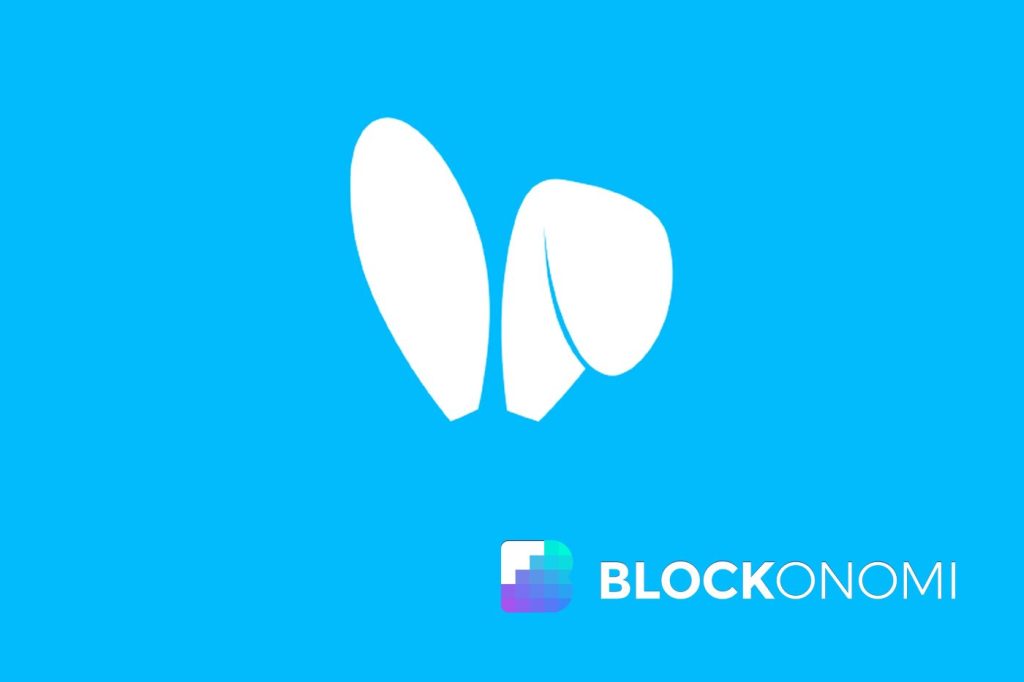TLDR:
Friend.tech transferred control of smart contracts to Ethereum null address
FRIEND token price dropped over 30% in 24 hours after the transfer
Total value locked on Friend.tech fell from $52 million to under $3.5 million
Daily fees earned on the protocol have been consistently below $1,000 since late July
The move effectively ends the platform’s ability to add features or fix bugs
Friend.tech, a once-promising crypto social media platform, has taken a dramatic turn by transferring control of its smart contracts to Ethereum’s null address.
On September 8, Friend.tech announced via social media that it had transferred the admin and ownership parameters of its smart contracts to the Ethereum null address. This address is commonly used as a burn address for intentionally destroying tokens, and any transactions sent there cannot be reversed or recovered.
Admin and ownership parameters have been set to 0x000…000 to prevent any changes to their fees or functionality in the future.
This change does not affect the separate web client operated at https://t.co/YOHabcBL3H which will continue to function as is. No fees from either…
— friend.tech (@friendtech) September 8, 2024
The platform stated that this transfer was done to “prevent any changes to their fees or functionality in the future.” However, this decision has had immediate and significant consequences for the FRIEND token and the platform’s ecosystem.
Following the announcement, the FRIEND token’s value plummeted by over 30% in just 24 hours, reaching a new all-time low of $0.059.
This sharp decline represents a staggering fall from grace for a token that had achieved a market capitalization of $233.6 million within four days of its launch. As of the latest data, FRIEND’s market cap has shrunk to a mere $5.6 million.
The impact of this decision extends beyond just the token price. The total value locked (TVL) on Friend.tech has seen a dramatic decrease, falling from its peak of $52 million in early October 2023 to less than $3.5 million at present.
This significant reduction in TVL indicates a loss of confidence among users and investors in the platform’s future prospects.
Further compounding the platform’s troubles, daily fees earned on the protocol have consistently remained below $1,000 since late July, a far cry from its earlier performance. The FRIEND token’s trading volume has also seen a similar decline, suggesting a sharp reduction in user engagement and activity on the platform.
The decision to transfer smart contract control comes just three months after Friend.tech had announced plans to build its own blockchain, dubbed “Friendchain.” This earlier announcement had already created confusion within the community about the protocol’s future direction. The subsequent deletion of the announcement post only added to the uncertainty surrounding the project’s trajectory.
Friend.tech clarified that this transfer of control does not affect the separate web client operating under the domain “friend.tech.” The team also stated that no fees from either the smart contracts or this domain currently go to the dev team’s multisig wallet.
However, the implications of this move are far-reaching. By relinquishing control over the smart contracts, Friend.tech has effectively ended its ability to implement new features, fix bugs, or make any changes to the platform’s core functionality.
This limitation could severely hamper the platform’s ability to adapt and evolve in the fast-paced world of cryptocurrency and decentralized applications.
Friend.tech, which operates on Coinbase’s layer-2 solution Base, allows creators to monetize their content through tokenized shares or “keys.” It had gained significant traction upon its launch, attracting over 100,000 users and generating more than $2 billion in revenue from fees shortly after going live.
